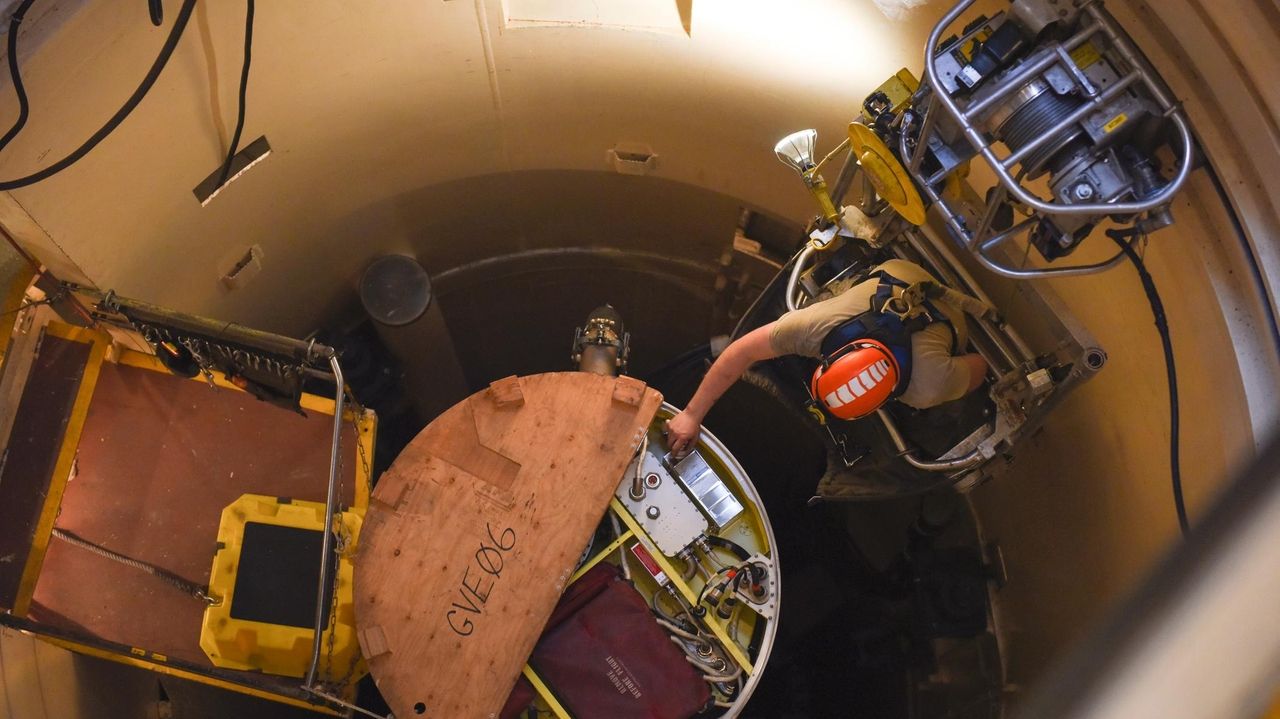WASHINGTON — The Air Force is expanding its study of whether service members who worked with nuclear missiles have had unusually high rates of cancer after a preliminary review determined that a deeper examination is needed.
The initial study was launched in response to reports that many who served are now ill. The Air Force isn’t making its initial findings of cancer numbers public for a month or so, but released its initial assessment Monday that more review is necessary.
“We’ve determined that additional study is warranted” based on preliminary analyses of the data, said Lt. Col. Keith Beam, one of several Air Force medical officers who updated reporters on the service’s missile community cancer review.
The findings are part of a sweeping review undertaken by the Air Force earlier this year to determine if missileers — the launch officers who worked underground to operate the nation’s silo-launched nuclear missiles — were exposed to unsafe contaminants. The review began after scores of those current or former missile launch officers came forward this year to report they have been diagnosed with cancer.
In response, medical teams went out to each nuclear missile base to conduct thousands of tests of the air, water, soil and surface areas inside and around each of its three nuclear missile bases; Malmstrom Air Force Base in Montana, Minot Air Force Base in North Dakota and F.E. Warren Air Force Base in Wyoming.
The full Air Force study will look not just at the missileers but at the whole missile community, to include all who supported the ICBM mission.
At a briefing Friday with reporters to discuss its findings ahead of the release, the Air Force said none of the more than 2,000 samples of air, water and soil at either the Montana or Wyoming bases came back showing harmful levels of contamination. However four locations in the underground launch control capsules where the missileers worked had unsafe levels of PCBs. The service is still waiting on…
Read the full article here

Leave a Reply